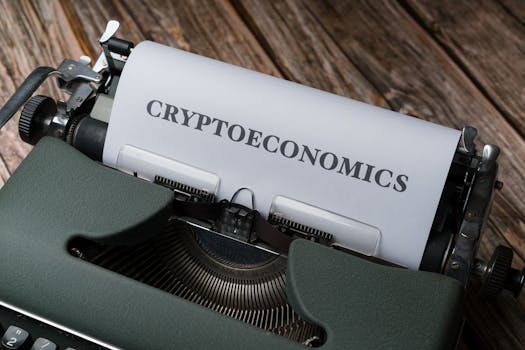Security vs. Utility Tokens: Expert Insights and Market Predictions
Industry Statistics & Data
- Over $25 billion raised through security token offerings (STOs) in the past year (CoinDesk)
- Utility tokens account for 60% of all token issuance, while security tokens represent 40% (TokenData)
- The global blockchain market is projected to reach $39.7 billion by 2025 (Statista)
Core Components
Security Tokens
- Represent ownership or debt in a real-world asset, such as real estate, commodities, or equity
- Regulated by the Securities and Exchange Commission (SEC)
- Offer investors rights and protections similar to traditional securities
Utility Tokens
- Provide access to a product or service offered by a company
- Not regulated by the SEC
- Can be used for payments, rewards, or access to exclusive features
Tokenization
- The process of converting a real-world asset into a digital token
- Enhances liquidity, reduces transaction costs, and increases transparency
Common Misconceptions
- Misconception: All tokens are created equal.
- Truth: Security and utility tokens have distinct functions and regulatory requirements.
- Misconception: Utility tokens are not valuable.
- Truth: Utility tokens can provide access to valuable products or services.
- Misconception: Security tokens are a silver bullet for investors.
- Truth: Security tokens offer risk and return profiles that vary depending on the underlying asset.
Comparative Analysis
- Compared to utility tokens, security tokens offer greater regulatory oversight and investor protection.
- Utility tokens provide flexibility and are less subject to regulatory scrutiny.
- Ultimately, the choice between security and utility tokens depends on the specific investment goals.
Best Practices
- Conduct thorough due diligence before investing in any token.
- Understand the regulatory framework governing the token.
- Store tokens securely using hardware or reputable software wallets.
- Participate in reputable token exchanges and platforms.
- Seek professional advice from qualified financial advisors.
Expert Insights
- "The line between security and utility tokens will continue to blur, leading to increased regulatory complexity." - Tomicah Tillemann, CEO of the Blockchain Association
- "Security tokens represent a major step towards the mainstream adoption of blockchain technology." - Linda Xie, Co-Founder of Scalar Capital
Step-by-Step Guide
1. Identify a suitable token offering.
2. Conduct thorough research on the issuing company and token.
3. Determine the regulatory compliance requirements.
4. Purchase tokens through a reputable exchange or platform.
5. Store tokens securely in a hardware or software wallet.
6. Monitor the performance of the token and underlying asset.
7. Seek professional advice if necessary.
Real-World Quotes & Testimonials
- "Our security token offering enabled us to raise capital more efficiently and transparently." - CEO of a tokenized real estate company.
- "Utility tokens have revolutionized our platform by allowing users to access exclusive content and services." - Founder of a tokenized streaming platform.
Common Questions
- What are the tax implications of investing in security and utility tokens?
- How do I evaluate the legitimacy of a token offering?
- What are the risks and opportunities associated with token investments?
- How will the regulatory landscape for tokens evolve in the future?
- What is the potential impact of tokenization on traditional financial markets?
User Case Studies
- A successful security token offering for a tokenized gold fund, providing investors direct exposure to physical gold.
- A utility token that provides access to a subscription-based music streaming service, offering exclusive content and rewards to users.
Future Outlook
- Increased adoption of security tokens for tokenizing real-world assets.
- Development of hybrid tokens that combine features of both security and utility tokens.
- Enhanced regulatory frameworks to address the challenges and opportunities posed by tokenization.
Conclusion
Understanding the difference between security and utility tokens is crucial for participating in the tokenized economy. By embracing best practices, leveraging expert insights, and staying informed about industry trends, individuals can navigate the token landscape effectively and unlock the potential of this transformative technology.
